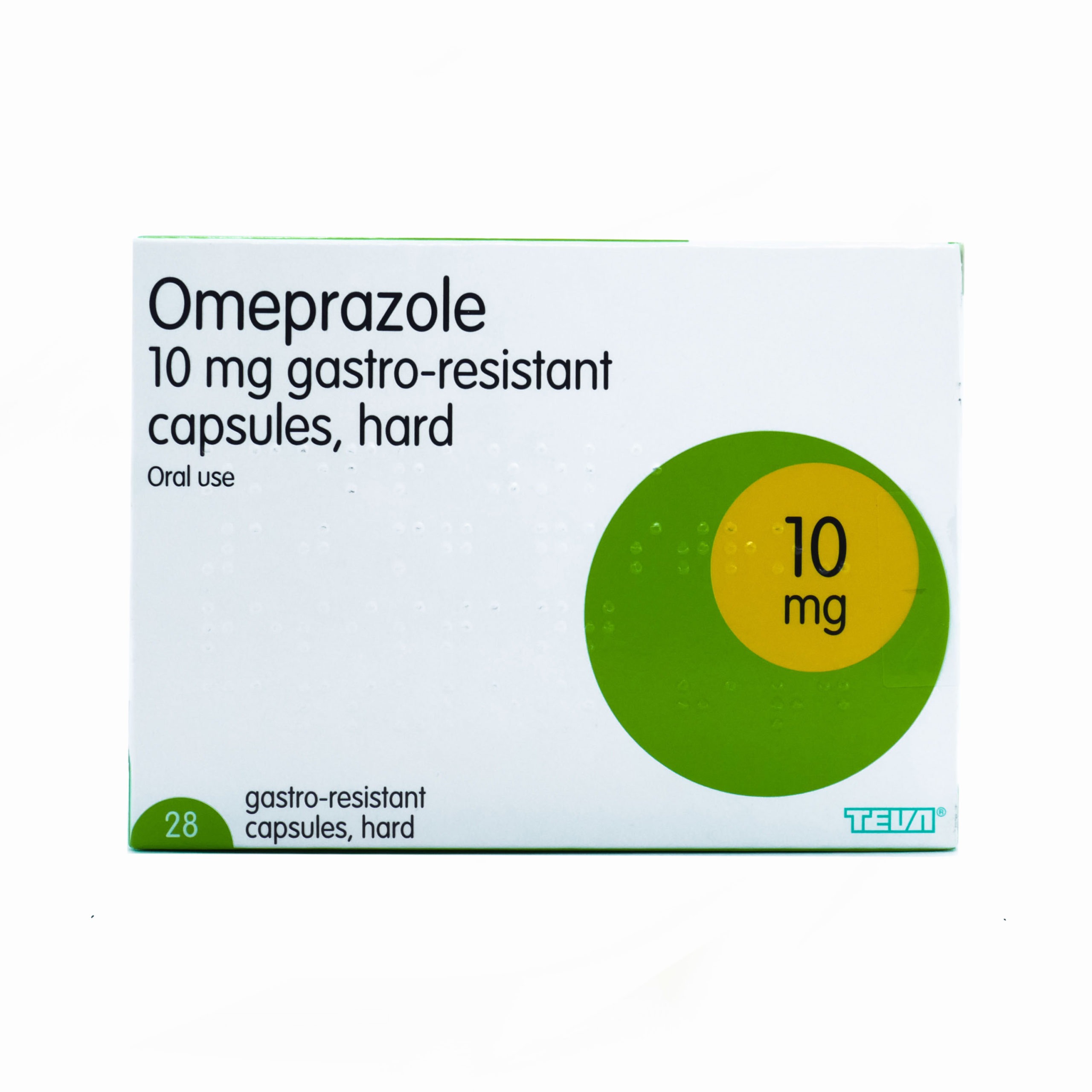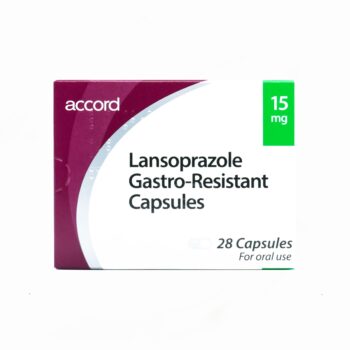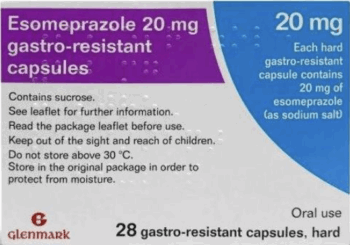How It Works
Omeprazole is a type of medicine known as a proton pump inhibitor (PPI). It works by blocking the enzyme in the stomach wall that produces acid. By significantly reducing the production of stomach acid, Omeprazole helps relieve symptoms associated with excess acid, such as heartburn, indigestion, and acid reflux.
This reduction in acid not only provides symptom relief but also promotes healing in the oesophagus, stomach lining, and duodenum where acid damage may have occurred. It also prevents recurrence of ulcers and is frequently used alongside antibiotics in the treatment of Helicobacter pylori infection.
Why Choose Omeprazole
Omeprazole is one of the most widely used and clinically trusted acid-suppressing medications available. It is recommended by healthcare professionals worldwide and is available in various strengths and formats to suit both short-term relief and long-term treatment plans.
Key benefits include:
- Fast-acting relief from acid reflux and indigestion
- Helps heal and prevent recurrence of stomach and duodenal ulcers
- May be used as part of triple therapy for H. pylori eradication
- Lower strengths available without prescription for short-term use
- Suitable for long-term maintenance in chronic conditions under supervision
Omeprazole is ideal for individuals suffering from gastro-oesophageal reflux disease (GORD), NSAID-associated ulcers, Zollinger-Ellison syndrome, or chronic heartburn. Its once-daily dosing and well-established safety profile make it a convenient and reliable choice for long-term management.
Important Note
Omeprazole should be taken exactly as prescribed, or according to packaging instructions for over-the-counter versions. It is usually taken once daily before a meal. Do not chew or crush the tablets or capsules.
Consult a doctor before starting long-term use. Prolonged therapy may be associated with certain risks such as reduced calcium or magnesium levels, or interference with nutrient absorption. Avoid taking alongside other medications without professional advice, especially blood thinners, antifungals, or antiretrovirals. Seek medical attention if new symptoms such as persistent vomiting or unexplained weight loss occur.




